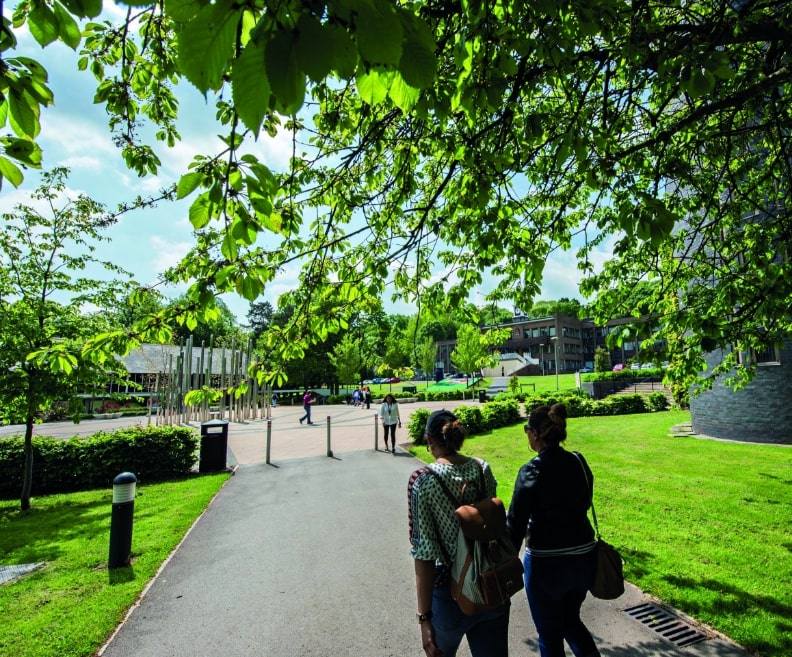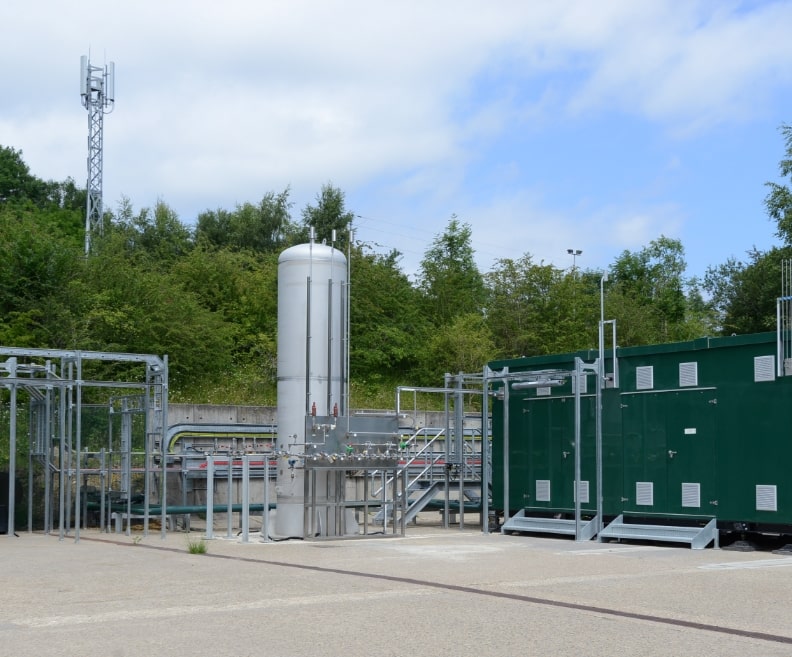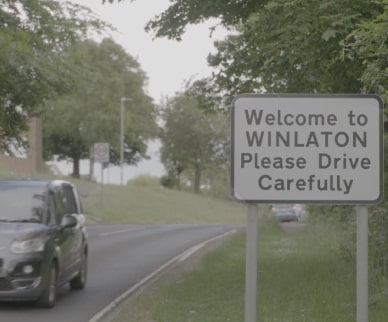Why Keele University?
Keele University was chosen for this first trial because it has:
- its own private gas network
- a campus population similar in size to a small town
- an international reputation for research excellence
- a commitment to developing a carbon-free future through its Smart Energy Network Demonstrator Project (SEND)
Social science research – consumer perceptions of blended hydrogen
You can read more about the work Keele University has done to understand what people think about their experience HyDeploy trials on-campus, and in Winlaton, in their social sciences report here.
You can also listen to a podcast here on peoples’ experiences of receiving blended hydrogen during the HyDeploy trials in their homes.






